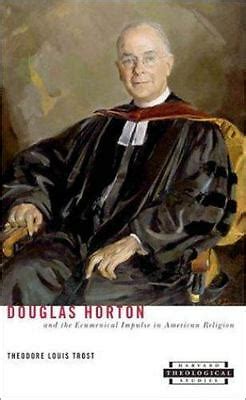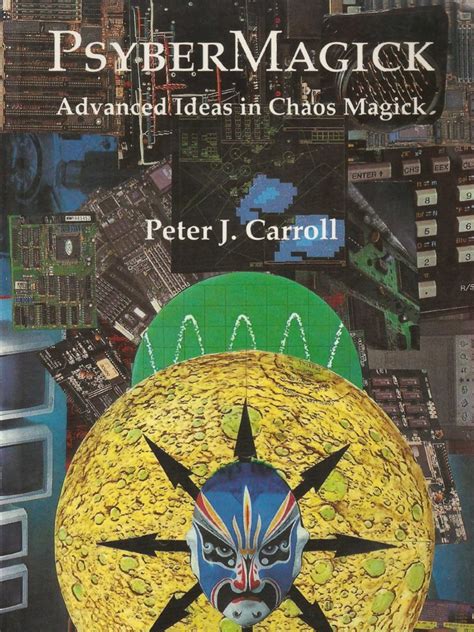A Quote by Aldo Leopold
Keeping records enhances the pleasure of the search and the chance of finding order and meaning in these events.
Related Quotes
There are three sorts of pleasures which are advantageous, and three which are injurious. Finding pleasure in the discriminating study of ceremonies and music, finding pleasure in discussing the good points in the conduct of others, and finding pleasure in having many wise friends, these are advantageous. But finding pleasure in profligate enjoyments, finding pleasure in idle gadding about, and finding pleasure in feasting, these are injurious.
The absurdist is concerned with the search for meaning in the Universe. He believes this search to be meaningless--hence the disintegration of plot, character, and language in absurdist drama. Order is a falsehood that we, God, those who came before us, have imposed on a random universe. However, the absurdist is confronted with a curious paradox: though he believes the Universe to be meaningless, he cannot abandon the search for meaning--or he will die.
This is the difference between us Romans and the Etruscans: We believe that lightning is caused by clouds colliding, whereas they believe that clouds collide in order to create lightning. Since they attribute everything to gods, they are led to believe not that events have a meaning because they have happened, but that they happen in order to express a meaning.
Perhaps that is what life is all about—the search for such a connection. The search for magic. The search for the inexplicable. Not in order to explain it, or contain it. Simply in order to feel it. Because in that recognition of the sublime, we see for a moment the entire universe in the palm of our hand. And in that moment, we touch the face of God.
A person's life consists of a collection of events, the last of which could also change the meaning of the whole, not because it counts more than the previous ones but because once they are included in a life, events are arranged in an order that is not chronological but, rather, corresponds to an inner architecture.
In a universe governed by God there are no chance events. Indeed, there is no such thing as chance. Chance does not exist. It is merely a word we use to describe mathematical possibilities. But chance itself has no power because it has no being. Chance is not an entity that can influence reality. Chance is not a thing. It is nothing.
Apophenia means finding pattern or meaning where others don’t. Feelings of revelation and ecstasies usually accompany it. It has some negative connotations in psychological terminology when it implies finding meaning or pattern where none exists; and some positive ones when it implies finding something important, useful or beautiful. It thus links creativity and psychosis, genius and madness.
In the search for meaning we must not forget that the gods (or God, for that matter) are a concept of the human mind; they are the creatures of man, not vice versa. They are needed and invented to give meaning and purpose to the struggle that is life on Earth, to explain strange and irregular phenomena of nature, haphazard events and, above all, irrational human conduct. They exist to bear the burden of all things that cannot be comprehended except by supernatural intervention or design.
Wouldn't we all rather have the possibility of finding pleasure and delight in literally anything we might encounter? Instead of assuming that actually there are only these three things where pleasure and delight are possible. Like oh, it's television and socialization and work, and then everything else is the smoke I have to somehow choke my way through in order to get to the good parts.







































